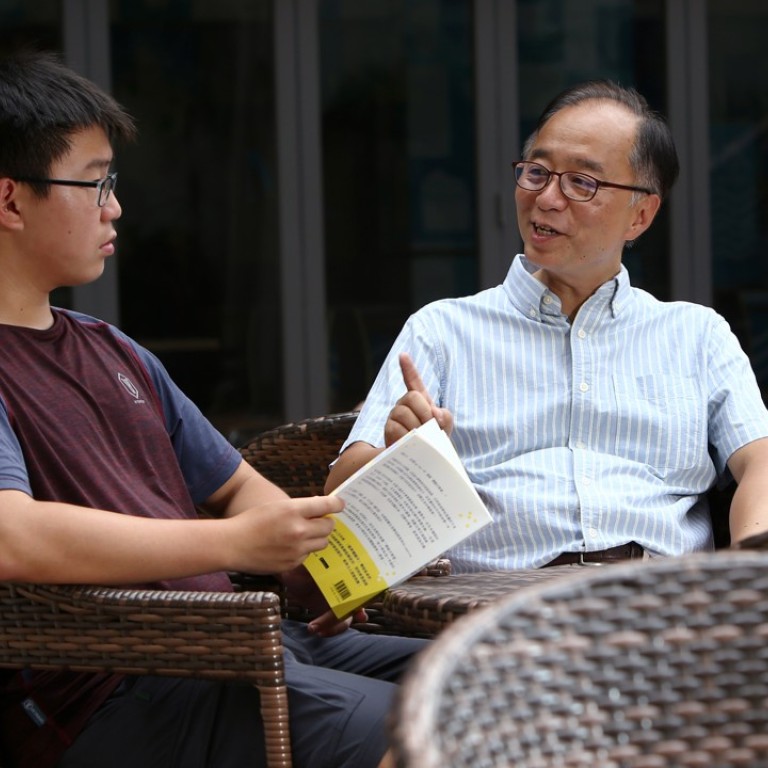
Taking a gap year – at 12. How six Hong Kong families removed the stress from their children’s lives
One pupil’s parents said experience made son more confident and independent – but the Education Bureau did not approve
When Colin Chiu Tsz-kiu was in Primary Four, the constant pressure of preparing for tests and assessments gave him headaches and stomach aches. He often spent the first part of his day in the nurse’s room.
His parents moved him to a new school where his symptoms improved, but he remained timid and fearful of public speaking.
After a failed secondary school admission interview when he graduated from Primary Six, he broke down shortly before his 12th birthday.
That was when his parents – university professor Stephen Chiu Wing-kai and Doreen Ho Mei-yee, a former English teacher who now works to promote diversity in education – decided to take their third and youngest child’s schooling into their own hands.
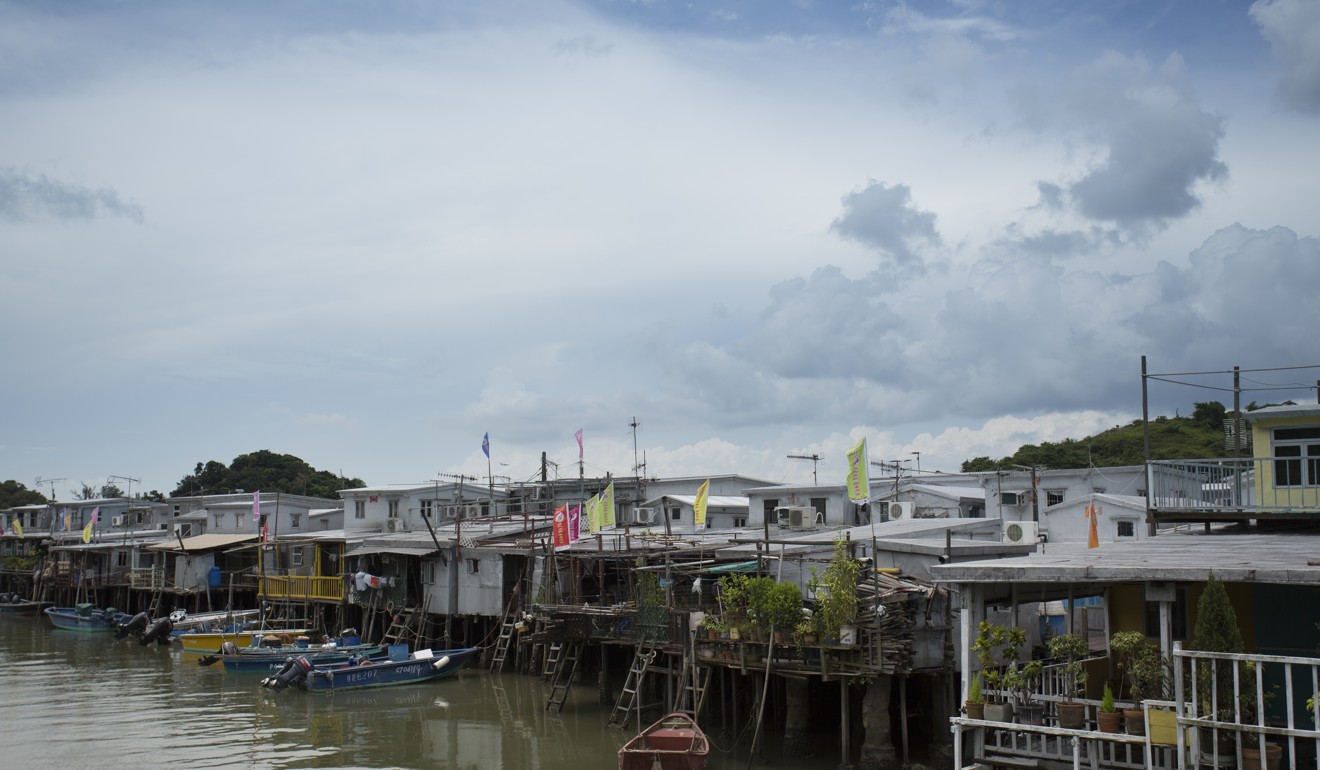
They had a few friends who had successfully home-schooled their children, but the couple, who have two older boys, felt they could not afford to invest the time and energy. And they wanted Colin to remain in an environment where he would socialise with others.
They decided to pull Colin from school and put him on a gap year, starting in August 2015.
Together with five other couples whose children had just completed Primary Four or Six, they engaged Olive Ho Kit-ying, who had been a social worker at the Samaritan Befrienders Hong Kong and Teens Angel Family Centre. For HK$5,000 a month per child, Ho created a 12-month programme that provided new experiences and taught valuable life skills.
From Mondays to Thursdays, the social worker took them around Hong Kong to discover the city’s heritage and how others live.
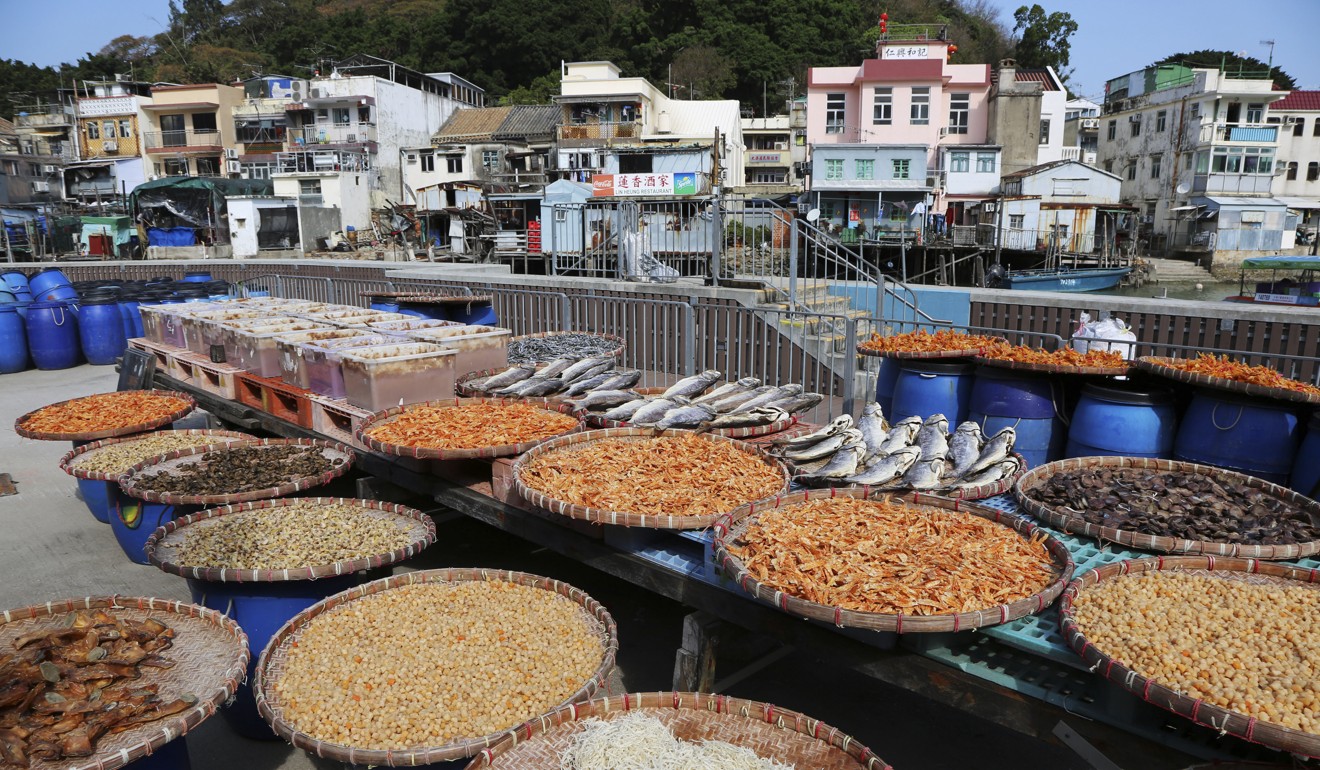
“We stayed in stilt houses in Tai O,” Colin said. “We looked for dolphins and found a rock with a side that looked like an [army] general.”
During another trip, they visited Mei Ho House, a revitalised youth hostel which was once part of Shek Kip Mei Estate, a first generation public housing estate. The pupils heard stories of using communal kitchens and toilets from a former resident of the house.
The group also learned life skills. They had to plan their journey to their “classrooms”, what to eat on a limited budget, and made crafts and cookies to sell at a shopping centre Christmas fair.
On Fridays, Ho, a former English teacher, gave academic classes in reading and Chinese.
It worked. After a year, Colin became more confident and independent, Chiu said. He and his wife published a Chinese book in May, detailing their son’s experience. They wrote about how the children transformed and how the “learning by doing” approach helped to educate them.
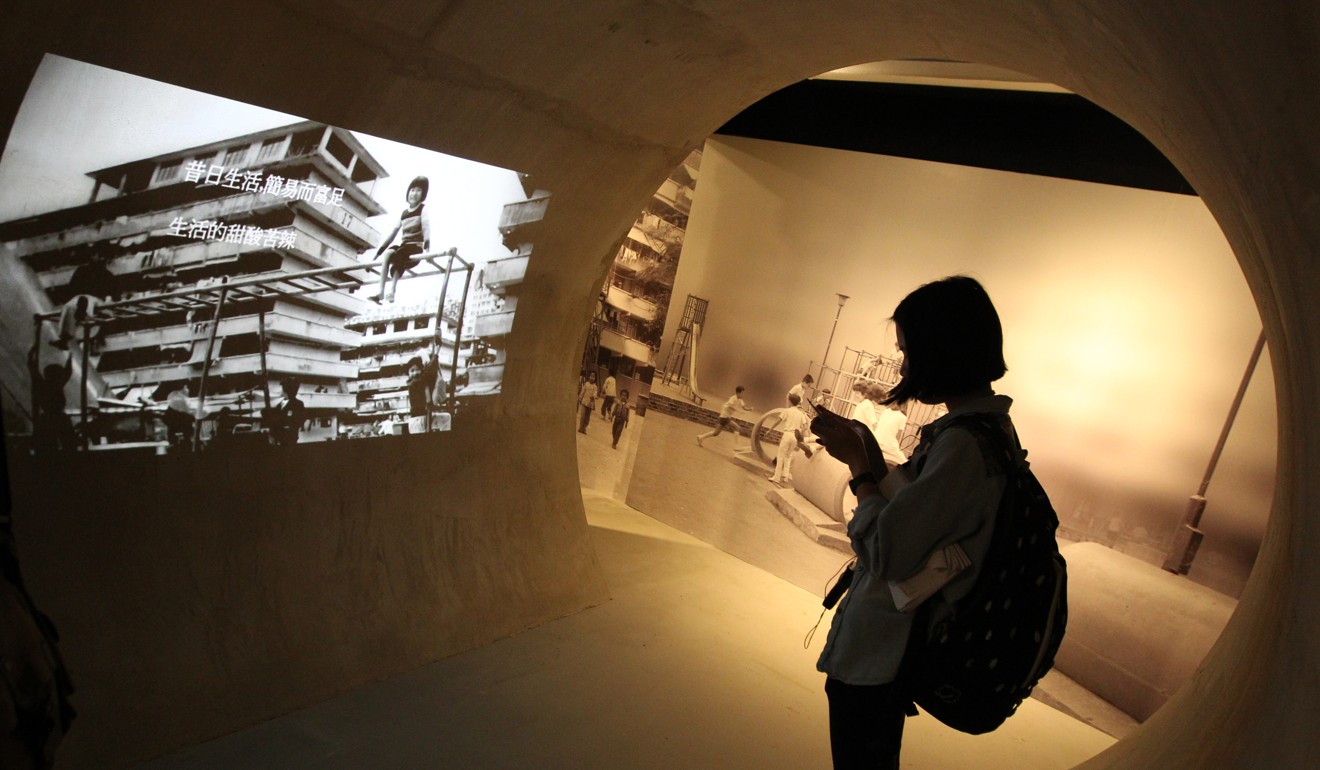
“[In secondary schools, children] face a new and even more demanding environment,” Chiu said. “Some of them could use a break … to rebuild their self esteem and restore their motivation to learn.”
Chiu stressed he was not saying the gap year was for everyone, as it was costly and time-consuming.
Children could use a break … to rebuild their self esteem and restore their motivation to learn
Gap years, though rare among Hongkongers, are more common among secondary school leavers in Western countries. The students take a year off formal education to travel, volunteer or learn a trade before entering undergraduate studies. The idea became popular in the 70s and 80s and proponents believe a gap year helps students become more mature and make better decisions regarding their future education.
Colin, now 14 and starting Form Three at a direct subsidy scheme school next week, said the gap year made him more outgoing.
“We asked so many people [for directions] that I became more talkative,” he said.
Hong Kong law states parents must ensure children aged six to 15 attend schools regularly, so Chiu had to report to a dropout unit in the Education Bureau. He received several warning letters and met officers from the unit a number of times. The bureau eventually closed the case after Colin returned to mainstream education the following year.
Despite the hassle, Chiu found Colin’s gap year worthwhile.
“Most [children are] stressed out in the senior primary stage with all these examinations, in which their results will be counted towards their secondary admission,” the chair professor of Education University’s department of social sciences said.
“In some of those cases, the kids know they are labelled as a failure by the system if they did not get into their first-choice school.”
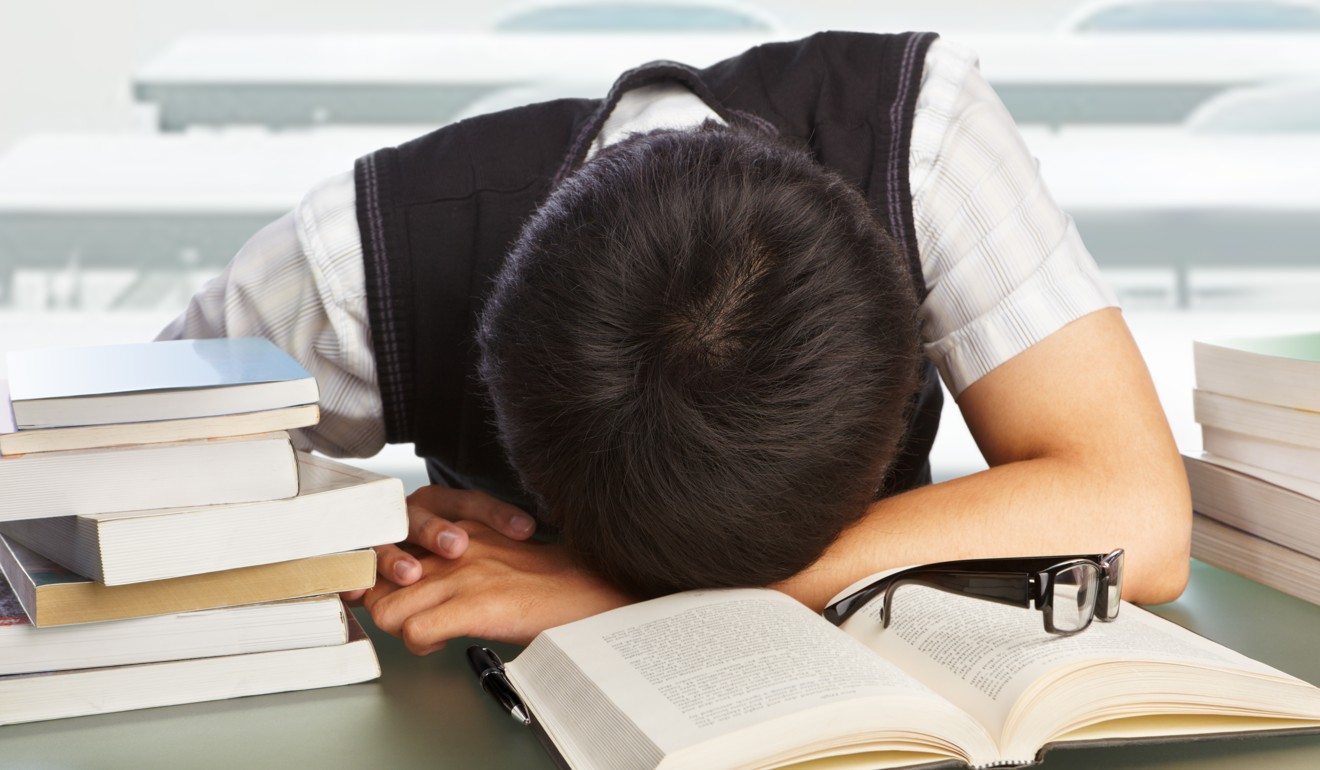
He hoped schools, education professionals and parents could explore how to improve the system, such as adding more experiential learning.
But the bureau indicated it disapproved of gap years and home-schooling, with a spokeswoman saying schools provided children with a proper curriculum, qualified teachers and other resources and guidance, as well as an environment where they could interact and exchange ideas with peers and educators.
“All these cannot be replaced by other forms of education arranged by parents on their own,” the spokeswoman said.
She said the bureau would follow up “cases involving school-age children failing to attend school regularly when claims of gap year activities were found”, and request the parents return their child to school as soon as possible.

